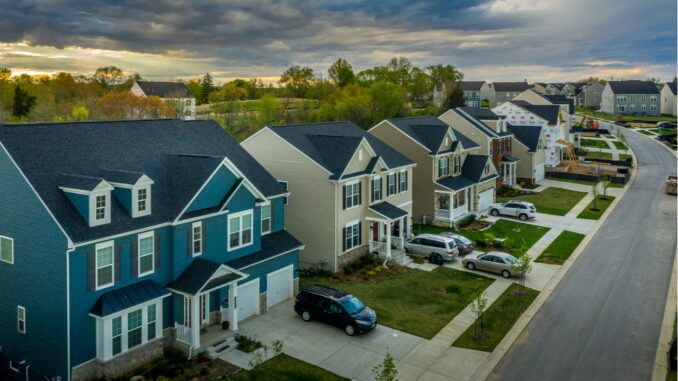
Real estate plays a crucial role in shaping societies and driving economic progress. It encompasses the land, buildings, and infrastructure that support communities, offering a foundation for residential, commercial, and industrial activities.
The importance of real estate to society cannot be overstated, as it contributes to economic growth, provides shelter, fosters community development, and serves as an investment avenue. This article explores the multifaceted significance of real estate and its impact on individuals, communities, and nations.
Economic Growth and Stability
Real estate serves as a catalyst for economic growth, acting as a significant driver of employment, investment, and economic activity. The development of residential properties creates jobs in construction, architecture, engineering, and other related sectors.
Shelter and Quality of Life
Real estate’s primary function is to provide shelter, a fundamental human need. Access to safe, affordable housing is vital for individuals and families, promoting stability, security, and improved quality of life.
Urban Development and Infrastructure
Real estate is the backbone of urban development, shaping the physical environment and influencing how cities and towns evolve. Planned and well-designed real estate projects contribute to sustainable urbanization by integrating residential, commercial, and recreational spaces. By fostering walkability, connectivity, and accessibility, real estate developments can create vibrant and inclusive communities.

Be the first to comment